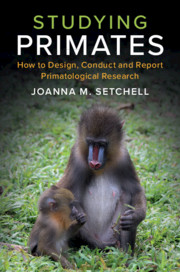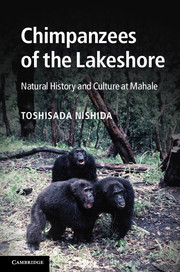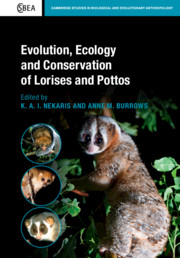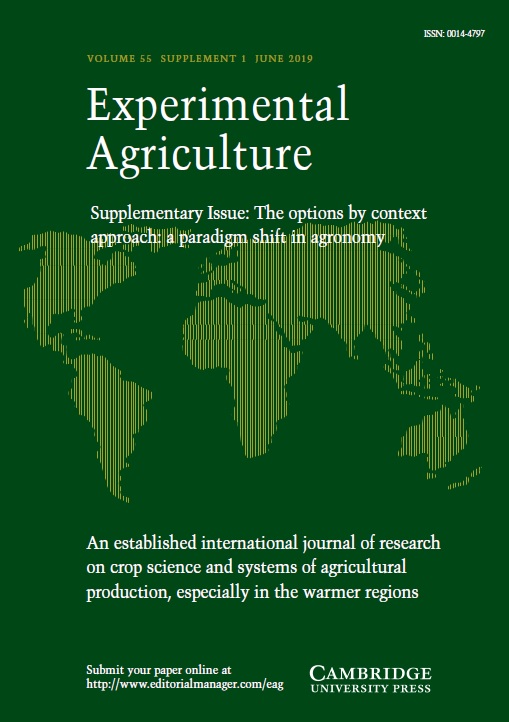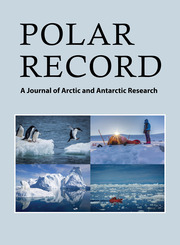Studying Primates
How to Design, Conduct and Report Primatological Research
£34.99
- Author: Joanna M. Setchell, Durham University
- Date Published: September 2019
- availability: In stock
- format: Paperback
- isbn: 9781108434270
£
34.99
Paperback
Other available formats:
Hardback, eBook
Looking for an inspection copy?
This title is not currently available on inspection
-
Primatology draws on theory and methods from diverse fields, including anatomy, anthropology, biology, ecology, medicine, psychology, veterinary sciences and zoology. The more than 500 species of primate range from tiny mouse lemurs to huge gorillas, and primatologists collect data in a variety of environments including in the field, research facilities, museums, sanctuaries, zoos, and from the literature. The variability in research interests, study animals and research sites means that there are no standard protocols for how to study primates. Nevertheless, asking good questions and designing appropriate studies to answer them are vital to produce high quality science. This accessible guide for graduate students and post-doctoral researchers explains how to develop a research question, formulate testable hypotheses and predictions, design and conduct a project and report the results. The focus is on research integrity and ethics throughout, and the book provides practical advice on overcoming common difficulties researchers face.
Read more- Helps the reader design and conduct better projects by showing them how to think scientifically and providing them with the skills to develop a research question, formulate testable hypotheses and predictions, design a study, and report the results
- Highlights common misconceptions in primatology and offers practical advice to avoid mistakes
- Focuses on research integrity and ethics throughout
- Covers the challenges researchers can face, including imposter syndrome, fieldwork in difficult environments, and reverse culture shock
Reviews & endorsements
'In this invaluable book, Professor Joanna M. Setchell presents an exceptionally comprehensive and highly accessible guide to the study of primates. The text offers a detailed description of every aspect of the planning, execution and presentation of a primatological research study. In addition to scientific guidance and coverage of key conceptual ideas, crucial practical advice about the realities and challenges of research are provided. Furthermore, Setchell explores a range of issues that are so critical to consider fully in modern science, among them cultural sensitivity, ethics, research integrity and inclusivity. To my mind, this is an essential text for any student of primatology; it will be top of the reading list for every course I teach in this area.' Stuart Semple, University of Roehampton
See more reviews'A landmark book covering everything a modern primatologist needs to know, including research design and execution, ethics, field methods, conservation politics, and writing up for journals and the public. It is a complete encyclopedia describing the modern complexities of studying our closest relatives. The book advises how to negotiate and deal with political and ethical issues from village to university. In addition, it links basic research with conservation agendas in a unified and mutually reinforcing way. The final chapter gives convincing arguments for why primatology is relevant, even essential to understanding modern-day life and science. At long last a volume that will give students and professors a road map of solutions to real world problems of conducting research. Thorough, rigorous and compelling, this is a must-read for all primatology graduate students and seasoned scientists. I recommend it all to anthropologists, primatologists, biologists, and environmental and social scientists working in field research.' Patricia C. Wright, State University of New York, Stony Brook
'This book is timely, highly needed and very welcome. It introduces basic principles and rules of scientific inquiry - from devising research questions to preparing research results for publication, always considering ethical issues - and tackles these issues from a taxon-specific, namely primatological perspective. This approach makes the book much more accessible for students at all levels of training and for young scientists than more general and abstract introductions to scientific practice. Throughout all chapters, the book transpires Joanna M. Setchell's broad experience as a researcher and author, and as an editor for the International Journal of Primatology. Despite the primate-focused approach, I am convinced that this book will not only be very useful to students of primatology, but also to scholars from other taxon-specific and organism-centered biological disciplines, such as mammalogy or ornithology.' Eckhard W. Heymann, Deutsches Primatenzentrum, Germany
'… all essential topics are thoroughly covered in one volume and applied especially to the study of primates … This volume is indispensable for those teaching and engaging in primatological research.' L. K. Sheeran, Choice
'Setchell has provided a timely, nicely executed, and valuable book that we should embrace regardless of how long we have been in the business - and that can yield several benefits to our research and teaching missions … this book makes a fantastic graduation gift for undergraduates considering graduate school or postgraduates wrapping up their degree … this volume pushes us to reflect and improve, helping us and our students get farther and, it is my hope, to more interesting places.' Mitchell T. Irwin, The Quarterly Review of Biology
'Whatever background brought you to primatology and wherever you want to study primates- indeed whichever primates you want to study- this book will be an extremely useful guide… It should be essential reading for graduate/post-graduate students. I am sure more seasoned researchers will not only learn something but also find it very useful for teaching and mentoring.' Anna T. C. Feistner, The Primate Eye
Customer reviews
Not yet reviewed
Be the first to review
Review was not posted due to profanity
×Product details
- Date Published: September 2019
- format: Paperback
- isbn: 9781108434270
- length: 360 pages
- dimensions: 228 x 153 x 21 mm
- weight: 0.53kg
- contains: 3 b/w illus.
- availability: In stock
Table of Contents
1. Asking questions about primates
2. Ethics in primatology
3. Keeping science healthy: research integrity
4. Inclusive science
5. Understanding statistical evidence
6. Communicating ideas in writing
7. Introduction to the primates
8. Why study primates?
9. Identifying a research question
10. Finding out what we know
11. Reading journal articles
12. Formulating hypotheses and predictions and designing a study
13. Observing and manipulating
14. Choosing measures
15. Planning data analysis
16. Sampling and statistical power
17. Checking feasibility and finalising your plans
18. Writing a research proposal
19. Collecting data
20. Conducting fieldwork
21. Analysing and interpreting data
22. Writing a scientific report
23. Submitting to a peer-reviewed journal
24. Presenting your work at a conference
25. Conclusions.
Sorry, this resource is locked
Please register or sign in to request access. If you are having problems accessing these resources please email [email protected]
Register Sign in» Proceed
You are now leaving the Cambridge University Press website. Your eBook purchase and download will be completed by our partner www.ebooks.com. Please see the permission section of the www.ebooks.com catalogue page for details of the print & copy limits on our eBooks.
Continue ×Are you sure you want to delete your account?
This cannot be undone.
Thank you for your feedback which will help us improve our service.
If you requested a response, we will make sure to get back to you shortly.
×
